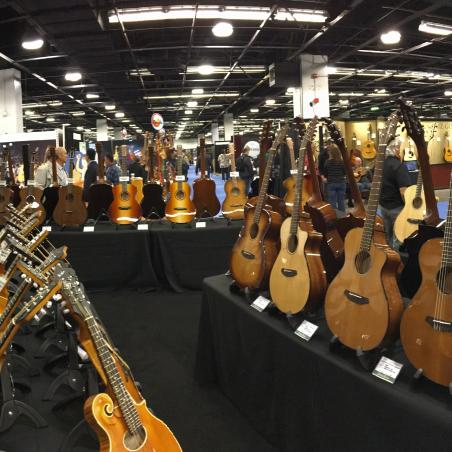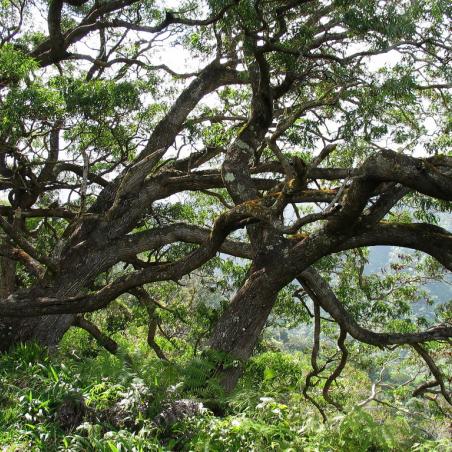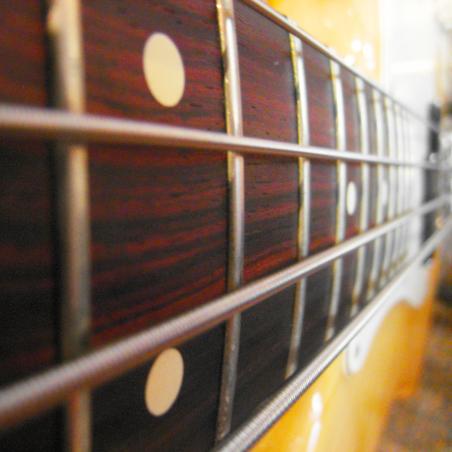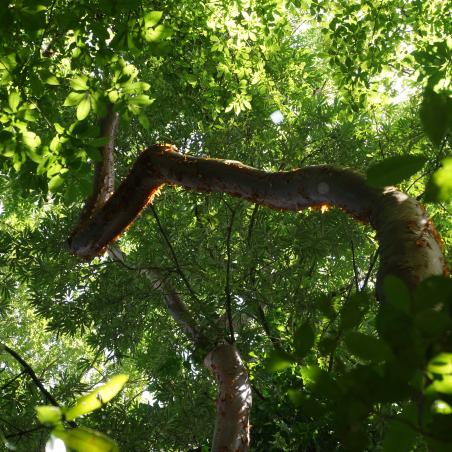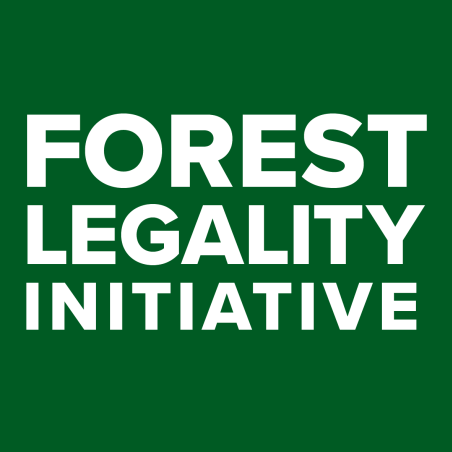News & Blogs
03/22/2017
Guitar Industry Grapples with Trade Restrictions on Rosewood, One of its Most Prized Timbers
Type:
Blog Post
More than 100,000 people recently met in southern California for the 2017 National Association of Music Merchants (NAMM) show, an annual gathering for those who buy and sell musical instruments, equipment and just about everything else related to music performance and education.
12/13/2016
Building A Sustainable Guitar: Sitka Spruce
Type:
Blog Post
Each fine guitar requires several rare tonewoods from around the world, representing the highest grade of the top 1 percent of all commercially available wood, a niche product with a small supply, large demand and high sales: $1.2 billion in U.S. domestic retail sales in 2014 alone.
12/13/2016
Building a Sustainable Guitar: Ebony
Type:
Blog Post
The wood underneath a guitar’s strings is called the fretboard. To function properly, it has to be perfectly constructed from wood that is hard, dense and warp-resistant. It must hold metal frets for years without any movement, since even a microscopic amount of fret movement can throw a guitar out of tune. One material is synonymous with fine fretboards: ebony.
12/13/2016
PODCAST: The Sounds of Sustainability
Type:
Blog Post
In this episode of the WRI Podcast, Lawrence MacDonald sits down with Chip Barber and Austin Clowes of the Forest Legality Initiative to talk about their work on sustainability in the guitar industry.
12/13/2016
Building a Sustainable Guitar: Maple
Type:
Blog Post
Guitars appeal to our eyes as much as our ears. The most highly desired tonewoods are not only resonant and produce a good sound, but are also visually beautiful.
12/13/2016
Building a Sustainable Guitar: Koa
Type:
Blog Post
Building an acoustic guitar means considering the tonal balance of the wood as much as any structural properties. Guitars are traditionally made from several different tonewoods. In select cases, however, the guitar body can be made from just one wood.
12/13/2016
Building a Sustainable Guitar: Rosewood
Type:
Blog Post
Stringed instruments have existed for thousands of years, but what we think of as a modern guitar was only born in the mid-19th century. The guitar continues to develop as an instrument today along with advancements in new technologies and production techniques.
12/13/2016
Building a Sustainable Guitar: Mahogany
Type:
Blog Post
A guitar is useless unless it plays perfectly. Even the most beautiful woods can’t make up for poor construction, and the materials chosen ultimately have to serve a practical use. One of the most important parts of the guitar is the neck, which has to stay absolutely stable over years.
12/05/2016
Japan’s New Legal Timber Law
Type:
Blog Post
In May 2016, Japan adopted a new piece of legislation, called the “Law Concerning the Promotion of Distribution and Use of Legally-Harvested Timber, etc.” This law takes a different approach from other demand-side regulations for illegal timber imports, such as the U.S. Lacey Act, the EU Timber Regulation and Australian Illegal Logging Prohibition Act, in the sense that it is designed to promote the trade of legal timber, rather than attempting to eliminate illegal timber on the market.
12/02/2016
With Forest Legality Initiative, WRI enters a new phase in the fight to end illegal logging
Type:
Blog Post
Since 2010, WRI’s Forest Legality Alliance (FLA) has been at the forefront of efforts to combat illegal logging and associated trade. Together with co-founders the U.S. Agency for International Development (USAID) and the Environmental Investigation Agency (EIA), as well as over 100 partner organizations from governments, civil society, and the private sector, FLA has been a prime convener and technical resource on this crucial issue.
